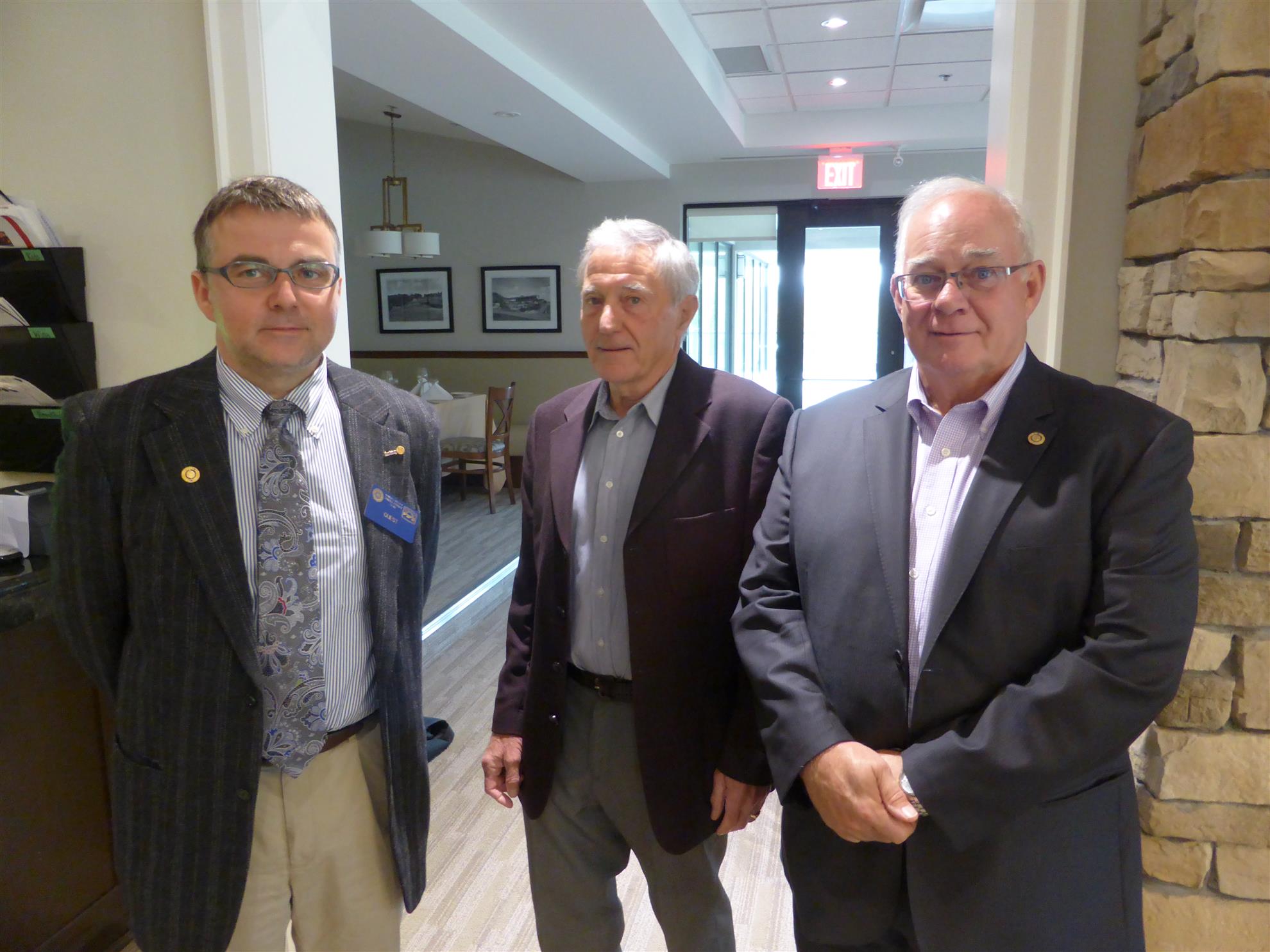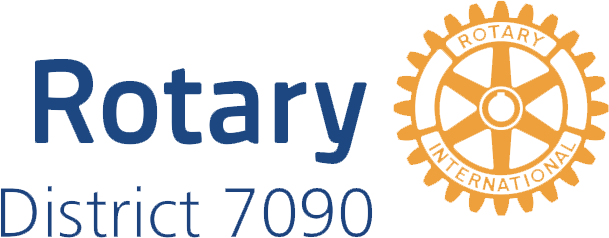More Dundas Valley Sunrise News
Posted by Jessica Brennan
A DUNDAS, CHINA, NORTH KOREA CONNECTION
 A resident of Shanghai, China for 18 years, Randal Eastman recently spoke to the Dundas Valley Sunrise Rotary Club. Randal is a partner in Dragonfly Therapeutic Retreats with 16 locations in China. He spoke about his Rotary work in China and the basketball project in the Peoples Democratic Republic of Korea. Randal grew up in Dundas and attended Parkside High School. He received his BA from McMaster in 1988 and his MBA from Western in 1993. He has facility in a French, German, Russian and Mandarin.
A resident of Shanghai, China for 18 years, Randal Eastman recently spoke to the Dundas Valley Sunrise Rotary Club. Randal is a partner in Dragonfly Therapeutic Retreats with 16 locations in China. He spoke about his Rotary work in China and the basketball project in the Peoples Democratic Republic of Korea. Randal grew up in Dundas and attended Parkside High School. He received his BA from McMaster in 1988 and his MBA from Western in 1993. He has facility in a French, German, Russian and Mandarin.A Rotarian since 1993, Randal is a Past-President (2009-10) of the Rotary Club of Shanghai China. He is also the Rotary International Special Representative to China, leading Rotary’s Service Club Development within mainland China.
Randal began his presentation noting that Rotary in China is almost as long as the history of Rotary itself. Randal’s club, the Rotary club of Shanghai, China was chartered in 1919.
Rotary’s viability in China reflects the fortunes and politics of the country. At its height, there were 32 Rotary clubs. Randal showed us a picture of Paul Harris, the founder of Rotary, visiting China in 1935. However, during the Chinese Revolution of 1949, many Rotarians fled to Hong Kong and Taiwan.
Randal described the relatively recent and slow buildup of Rotary service in China. There are 7 clubs now and a promising future, with interest mounting as evidenced by the number of Rotaract and Interact groups, and four provisional Rotary clubs. There is also hope for legal recognition as Rotary develops a good reputation with local governments which are seeing Rotary providing excellent service in China. At present, only ex-pats are permitted by the Chinese government to be members of a Rotary club.
Randal also outlined the North Korean soccer project from its origins to its impact. The project grew from an idea and the energies of a Mac Millar, a young Australian boy who wanted to “Play it Forward”.
Rotary’s viability in China reflects the fortunes and politics of the country. At its height, there were 32 Rotary clubs. Randal showed us a picture of Paul Harris, the founder of Rotary, visiting China in 1935. However, during the Chinese Revolution of 1949, many Rotarians fled to Hong Kong and Taiwan.
Randal described the relatively recent and slow buildup of Rotary service in China. There are 7 clubs now and a promising future, with interest mounting as evidenced by the number of Rotaract and Interact groups, and four provisional Rotary clubs. There is also hope for legal recognition as Rotary develops a good reputation with local governments which are seeing Rotary providing excellent service in China. At present, only ex-pats are permitted by the Chinese government to be members of a Rotary club.
Randal also outlined the North Korean soccer project from its origins to its impact. The project grew from an idea and the energies of a Mac Millar, a young Australian boy who wanted to “Play it Forward”.
Randal had a number of photos from his visit to the orphanages and schools in the area that received the soccer balls. He thanked the Dundas Valley Sunrise Rotary Club for its generous club and personal donations to the project. Randal concluded his presentation with a call to action. He asked members to consider continuing their support of the North Korean project with donations for soccer balls and uniforms but to also consider supporting the purchase of clean cookstoves and solar water heaters for the same area.
Bob Morrow, club director of international service, made contact with Randal to support the soccer ball project and arranged for him to speak at the club while visiting the family home in Bullock’s Corners, Greensville.
Ralph Montesanto thanked Randal for his presentation and for the work he does on behalf of Rotary.
